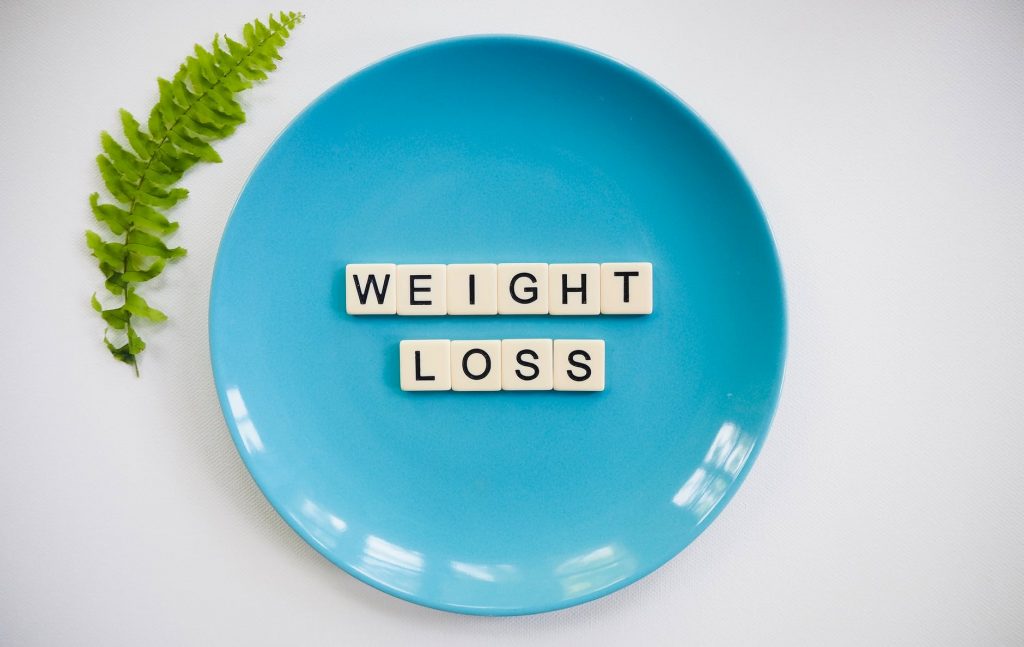
Does Apple Cider Vinegar Truly Aid Weight Loss?
Weight loss has become one of the most popular trending topics online. As a matter of fact, with several types of diets now available, it is hard to tell which is authentic. Here is another popular fast-growing diet that is said to aid weight loss- apple cider vinegar. However, there are controversies in regards to this information. Some people support that it is one of the best weight loss tricks to indulge in, while some disregard this theory as non-functional. Not to worry; this article will clear the air on whether apple cider vinegar truly aids weight loss or not.
What is Apple Cider Vinegar?
Apple cider vinegar can be made traditionally or manufactured industrially. Its main ingredient is apple. If made traditionally, you will have to wait for at least a month before using it. However, with the high rate in demand for apple cider vinegar, several manufacturers have found their way around this barrier. They make use of catalysts that will speed up the reaction. So, instead of waiting for a month, in a day, it is ready. The preparation of apple cider vinegar involves three steps.
- The apples are cut and crushed finely.
- Yeast is added to the freshly crushed apples. The importance of yeast is to convert the sugar into alcohol.
- Finally, bacteria are included in the mixture for fermentation to occur. This will convert the alcohol into acetic acid.
Therefore, apple cider vinegar is composed of water, acetic acid, and some other types of acids. In recent years, it has been directly linked to providing many health benefits. Some of these benefits include:
- Positive impact on insulin levels- When apple cider vinegar is taken, it helps maintain and control insulin levels to a minimum. It also helps improve insulin sensitivity in Type 2 diabetes patients. A research carried out by nutritionists supports this notion.
- Positive impact on blood sugar- Apple cider vinegar has been found to lower blood sugar when consumed with foods high in carbs and protein. According to research published in the Diabetes Journal, it was discovered that vinegar minimizes the rising level of blood sugar.
- Minimizes high cholesterol. Apple cider vinegar, when consumed, can help lower high cholesterol. However, it was only evident in animal studies. According to a study carried out on rats and mice, it was discovered that there was an improvement in cholesterol levels.
- Minimizes blood pressure. Apple cider vinegar helps reduce blood pressure in the body by preventing the enzymes that make blood vessels narrower. A research in animal studies supported this notion.
- Eliminates harmful bacteria. Vinegar can also help fight against some harmful bacteria such as E.coli, which is responsible for food poisoning. According to a study, vinegar had a bactericidal effect on foodborne pathogenic bacteria.

Photo by Natasha Spencer on Pexels.com
Apple Cider Vinegar and Weight Loss
Frequent consumption of high-calorie foods can result in weight gain. Logically, when you indulge in foods with a lot of calories, you gain some weight. However, the consumption of apple cider vinegar has been directly linked to reduce metabolism and increase fullness.
Research carried out on a small group of people approved this notion. They discovered that after subjecting about 11 people to a food high in carbs accompanied by a dosage of apple cider vinegar, they felt fuller and ate less through that day.
How much or how often you eat in a day may be dependent on your appetite. If your appetite is reduced due to sadness or sickness, you’ll notice that your food intake on that day will reduce. A study discovered that apple cider vinegar is good at suppressing appetite such that food intake decreases. In the study, a group of people was asked to take in starchy foods with apple cider vinegar. After this, they realized that the majority of these people witnessed a slow metabolism rate, lower level of insulin, and lower blood pressure.
The primary active constituent of apple cider vinegar is acetic acid. This acetic acid is known to provide many health benefits which include:
- It minimizes the storage of fat.
- It minimizes blood sugar.
- It minimizes the metabolism rate.
- It decreases the level of insulin.
- It reduces appetite and food cravings.
All these benefits contribute to weight loss. Some obese rats were subjected to acetic acid treatment for some time. After the procedure, they discovered that the rats witnessed a gradual reduction in belly fat.
An enzyme called AMPK is known to trigger quick fat burn and a lower rate of fat production. When the secretion of this enzyme is increased, it can result in weight loss. In a research study where some rats were treated with acetic acid, they discovered that the rats witnessed an increase in the enzyme AMPK.
In an elaborate study carried for about 12 weeks to test for the effect of apple cider vinegar, 144 people were divided into two groups. One group was treated with one teaspoon of apple cider vinegar, while the other group was subjected to two teaspoons of apple cider vinegar. After those 12 weeks, the result showed that the second group lost more weight than the first group. This is to indicate that the rate of weight loss is dependent on the amount of apple cider vinegar taken. They also noticed a decrease in body fat and waist circumference, which was more in group two than group one.
The Downsides of Apple Cider Vinegar
As apple cider vinegar offers health benefits, there are also some things one must be careful about.
It may be dangerous for Individuals suffering from Gastroparesis, a condition that occurs as a result of diabetes. Gastroparesis simply means delayed stomach emptying. Individuals suffering from this condition stay full for long. However, subjecting these kinds of patients with apple cider vinegar, which lowers insulin level in the body, can be detrimental. This is because it is hard to detect or predict when the insulin level will increase again.
Also, overconsumption of apple cider vinegar can result in teeth and bone damage. This is why it is essential to take with precautions and directions from professional dietitians and health practitioners.




